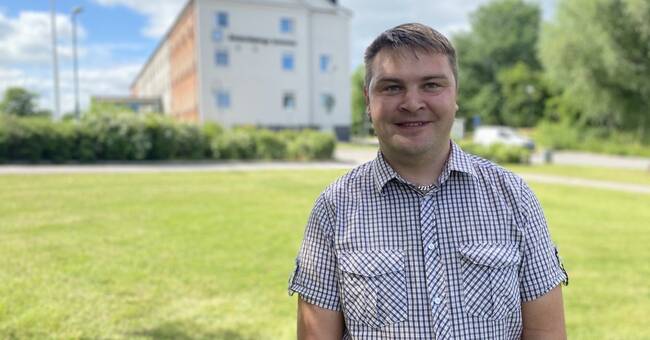The staff prefers to refer to an internal evaluation made by the municipality itself from 2019. In it, the full-time trip and the new scheduling receive harsh criticism from the staff.
- The response was that this is not good and yet they continue, says assistant nurse Mathias Karlsson disappointed.
Increased well-being, says the municipality
Responsible politician Martin Sjölander (M) prefers to lean towards the staff survey for the entire municipality, where well-being has instead increased between 2018 and 2020.
In the clip, the parties talk more about the content of the two surveys.
Background health schedules
In 2016, Sweden's municipalities and regions and the trade union Kommunal reached an agreement to work full-time as the norm.
But now that many municipalities have succeeded in introducing a high proportion of full-time jobs, dissatisfaction with so-called health schemes is growing.
It is often a matter of shortening certain work shifts and instead there will be more shifts.
Some work shifts may end up at other workplaces and that the actual scheduling is done by a central unit further away from the staff.
- There are similar problems in many places.
You want a central scheduling process and then you look neither at the individual nor the business, says Catarina Eriksson, department chair of the trade union Kommunal region Öst (Östergötland, Södermanland, Gotland).

